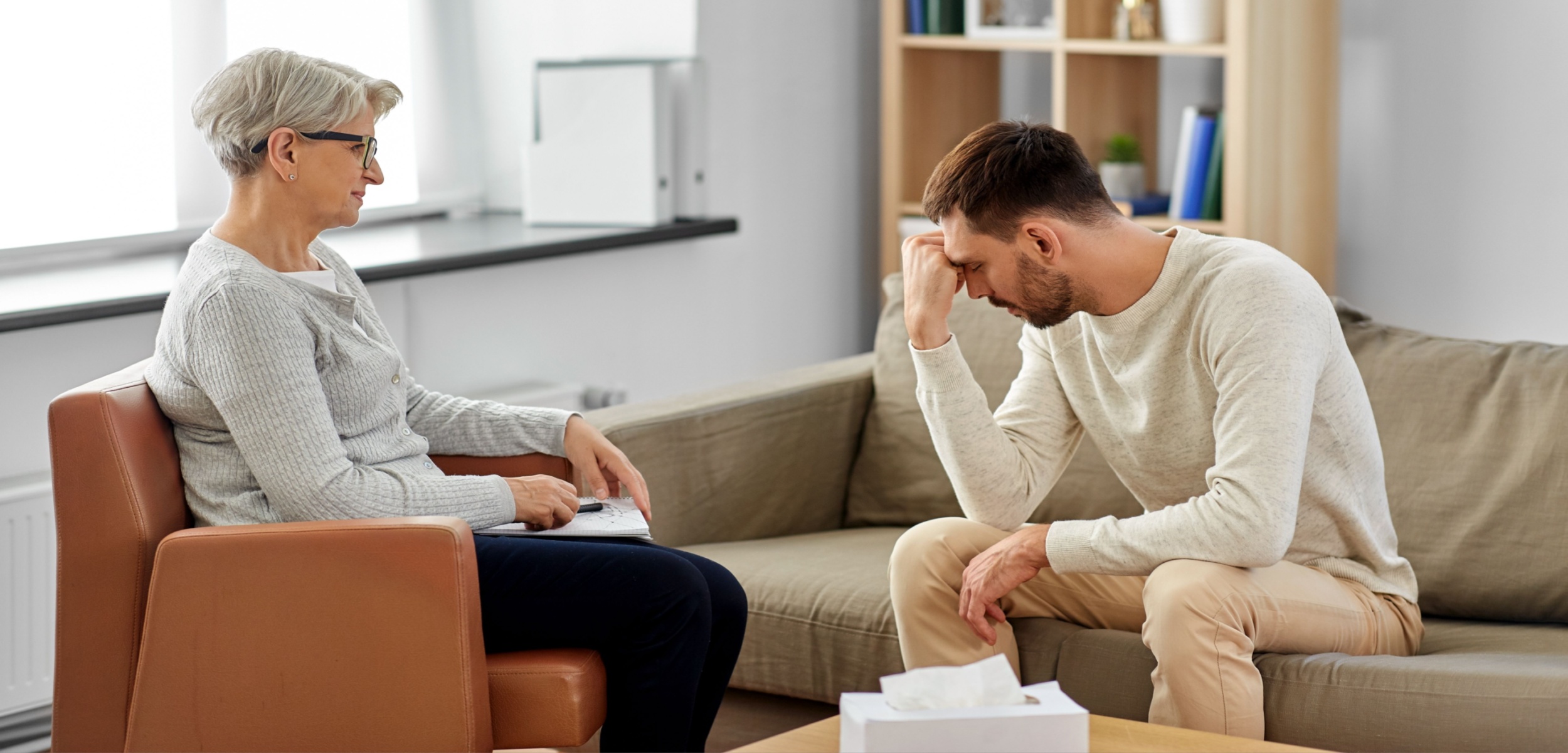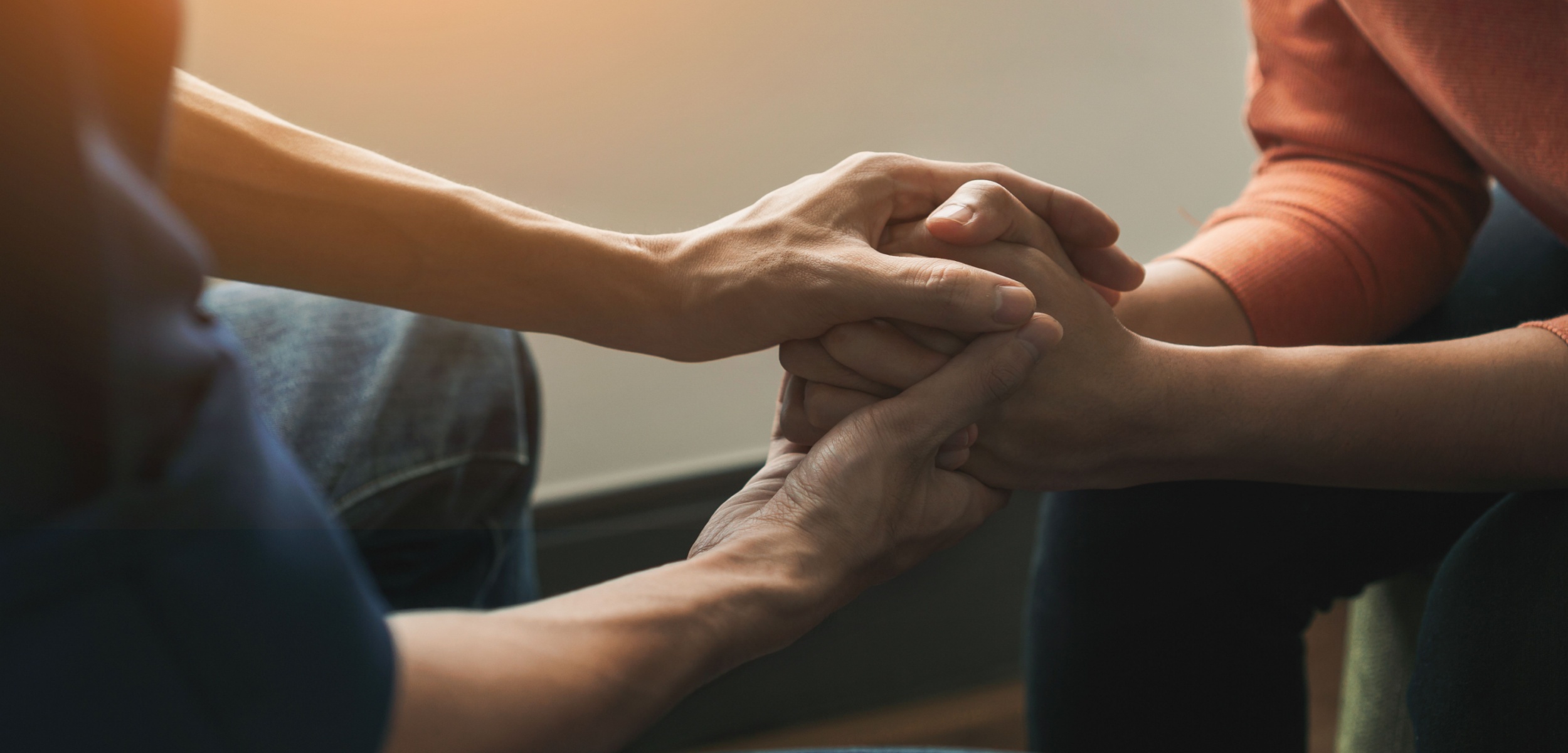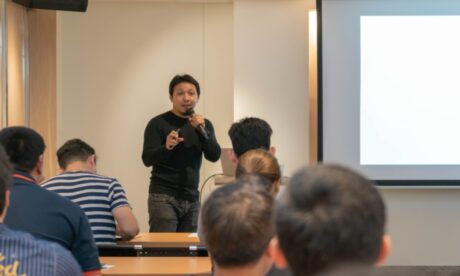Have you ever been in a conversation where you felt like the other person wasn’t really listening? Or maybe you’ve been on the other side, unsure of how to offer support. In both cases, mastering basic counselling skills can make all the difference. But what exactly are these skills, and how can they help you connect with others more effectively?
Therefore, this blog will discuss the most important and basic counselling skills, their importance, and how to apply them to your daily interactions.

What Are the Core Counselling Skills Everyone Should Know?
The heart of counselling lies in basic counselling skills. Whether you’re a therapist or just someone trying to lend a hand, these techniques can make a world of difference:
Active Listening
Listening seems simple, but true active listening requires focus. It’s not just about hearing someone; it’s about absorbing their words and emotions without interrupting. Nodding along or offering a thoughtful “I understand” signals that you’re fully present. When you actively listen, the other person feels valued.
Empathy
We all think we understand empathy, but do we really? Empathy isn’t just about being nice. It’s the ability to truly see the world from another person’s point of view. It deepens trust when someone feels that you genuinely “get” them. A simple “That sounds tough” or “I can see why you’d feel that way” can open doors to more honest conversations.
Open-Ended Questions
Imagine trying to express your thoughts but only being able to answer “yes” or “no.” It shuts down any real discussion. Open-ended questions, like “How did that make you feel?” or “What happened after that?” allow for a deeper exploration of emotions and thoughts.
Reflection
Reflection might sound like an academic term, but it’s simple. It’s about showing that you understand by reflecting the person’s feelings back to them. If someone says, “I’m feeling overwhelmed,” a reflective response could be, “It sounds like you’re under a lot of pressure right now.” This not only validates their emotions but gives them the chance to clarify if needed.
Non-Verbal Communication
Words are just part of the equation. Your posture, facial expressions, and even the way you sit can speak volumes. If you’re fidgeting or not making eye contact, it might send the wrong message. On the other hand, leaning slightly forward or offering a gentle smile can help the other person feel more at ease.
Summarising
Sometimes, people get lost in their thoughts. Summarising what they’ve said helps pull things back into focus. For example, after a lengthy conversation, you might say, “So, if I understand correctly, you’re feeling overwhelmed by work but unsure of how to change things?” This gives the person a clear sense of direction and helps ensure you’re both on the same page.
Building Rapport
Trust doesn’t happen overnight. Building rapport is about creating a comfortable and safe environment where people feel they can open up without fear of judgment. This requires being genuine and present. When someone feels that you’re truly there for them, they’re more likely to share their innermost thoughts and feelings.
Why Learning Basic Counselling Skills Changes Everything
You might wonder why such simple techniques have such a big impact. The truth is, these skills go beyond the therapy room. They help build better relationships in every aspect of life, from personal friendships to work dynamics.
- Strengthening Relationships: When people feel truly heard, it fosters a deeper connection. These skills can help you be a better friend, partner, or colleague.
- Improving Mental Health: Basic counselling skills allow you to support someone emotionally, helping them process their feelings more effectively.
- Enhancing Communication: Active listening and reflection reduce misunderstandings and help you understand what others are really trying to say.
- Creating a Safe Space: By practising empathy and non-verbal communication, you can encourage openness. People will feel comfortable talking to you about things they might keep to themselves otherwise.

How Can These Skills Benefit You in Everyday Life?
You don’t have to be a counsellor to use these skills effectively. Here’s how you can put them to work in your daily life:
- Dealing with Emotional Conversations: When a friend opens up about something difficult, your ability to actively listen and reflect can make them feel understood rather than brushed off.
- Handling Conflict at Work: Suppose a colleague is upset about a project. Using open-ended questions like “What’s bothering you about this?” gives them space to explain rather than causing a defensive reaction.
- Strengthening Family Bonds: With family, emotions can run high. Therefore, empathy and summarising can help defuse tension by making everyone feel heard and respected.
Quick Tips for Practicing Basic Counselling Skills
Here’s a handy list of quick tips you can start practising today to improve your basic counselling skills:
- Being Present: It’s hard to listen if you’re distracted. Put down your phone and focus on the person in front of you.
- Staying Open: Encourage deeper conversation by using open-ended questions rather than ones that can be answered with a “yes” or “no.”
- Mirroring Emotions: Use reflection to show you’re really tuned in. If someone’s upset, acknowledge that emotion directly.
- Being Aware of Body Language: Sometimes, what you don’t say is just as important as what you do. Maintain eye contact and sit in a way that shows you’re engaged.
- Clarifying When Needed: Summarising or paraphrasing can help avoid misunderstandings and keep the conversation flowing.
Conclusion: Why You Should Invest in Basic Counselling Skills
It’s clear that basic counselling skills aren’t just for professional counsellors—they are valuable tools for anyone who wants to improve communication, build trust, and form deeper connections in everyday life. From active listening to empathy, mastering these skills can transform your personal and professional relationships.
If you want to make a real difference in how you connect with others, now is the perfect time to take the next step. Enrolling in a Counselling Skills course from the Unified Course will provide you with the tools needed to navigate conversations with confidence, compassion, and understanding. So. don’t miss out on the chance to elevate your communication and help others feel truly heard.




